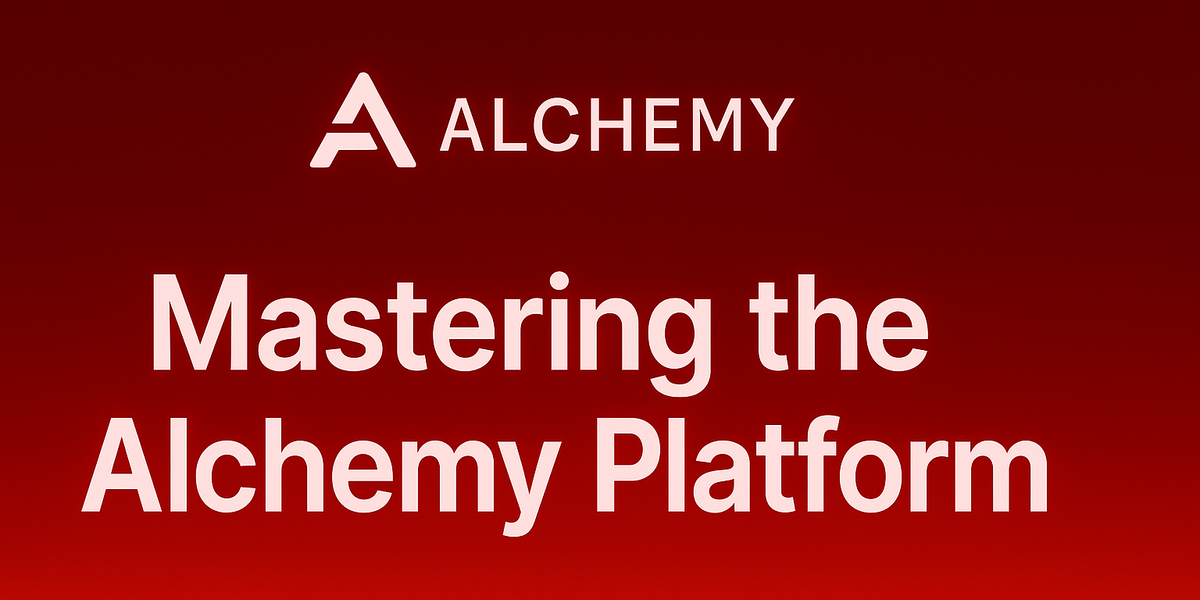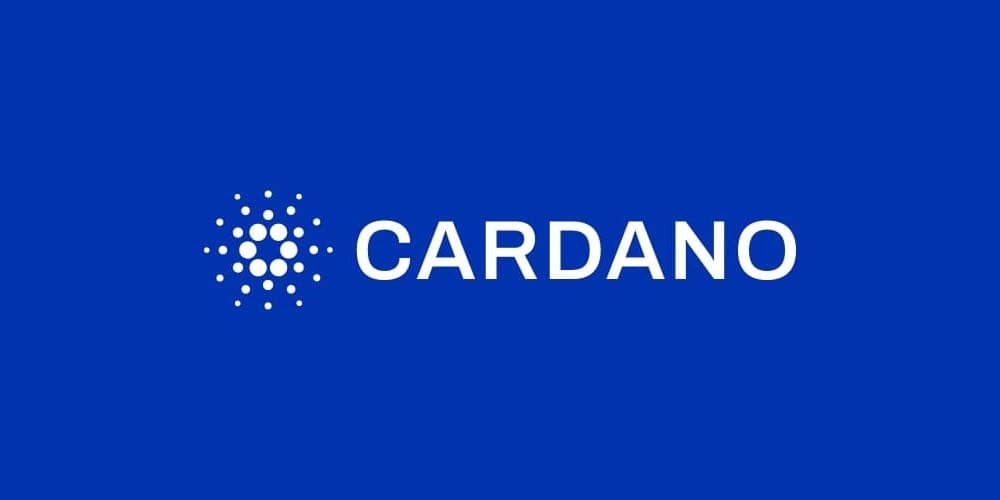Plume and Goldfinch have joined forces to bring private credit funds on-chain, paving the way for institutional investors to access decentralized financial (DeFi) opportunities. This collaboration introduces a new horizon for investment by enhancing transparency, lowering transaction costs, and expanding investment options within the traditional private credit market. By integrating blockchain infrastructure into private credit, both firms are unlocking a new era of financial innovation where efficiency, security, and accessibility are paramount.
The Partnership: Expanding On-Chain Private Credit
Goldfinch, a blockchain-based private credit platform, has developed an advanced system that facilitates institutional-grade private credit funds on-chain, ensuring compliance with evolving financial regulations. Plume, widely known for its real-world asset finance ecosystem (RWAfi), incorporates Goldfinch’s Prime product into its Nest staking platform, providing institutional investors with seamless access to tokenized private credit assets that can be bought, traded, and staked effortlessly.
Major private credit institutions such as Apollo, Ares, Golub, and KKR, collectively overseeing more than $1 trillion in assets, are part of this transformative movement. These financial heavyweights, when combined with blockchain's immutable ledger, are poised to drive significant institutional adoption of on-chain credit markets, revolutionizing how liquidity and financing operate in the real-world asset sector.
How Tokenization Benefits the Private Credit Market
The partnership between Plume and Goldfinch unlocks several key advantages that were previously unavailable in conventional private credit markets:
- Increased Transparency: Traditional private credit markets often function within opaque structures, where intermediaries obscure key financial details. Tokenization allows for real-time visibility into transactions and creditworthiness, leveraging blockchain to create an immutable and transparent financial ledger.
- Reduced Transaction Costs: The decentralized blockchain framework eliminates excessive layers of intermediaries, allowing investors to bypass unnecessary processing fees and administrative overhead. By streamlining the transaction process, investors benefit from significantly lower costs, improving overall financial efficiency.
- Liquidity and Accessibility: Institutional investors can now tap into private credit funds in a more liquid and permissionless manner. This innovation enables users to participate in markets that were previously illiquid, offering greater flexibility to enter, exit, and rebalance positions almost instantly.
- Composability in DeFi: Plume’s RWAfi framework allows tokenized private credit assets to be integrated within broader decentralized finance applications. Investors can leverage these assets within yield optimization protocols, automated financial instruments, and innovative lending strategies that maximize capital efficiency.
Challenges of On-Chain Private Credit
While the advantages are compelling, tokenizing real-world credit assets presents several hurdles that must be addressed:
- Regulatory Uncertainty: The global financial regulatory landscape does not yet fully accommodate blockchain-based private credit markets. Ensuring compliance across multiple jurisdictions remains a significant challenge, requiring thorough legal review and proactive engagement with regulators.
- Risk Management: While blockchain technology ensures transparency, traditional credit risk management such as borrower due diligence, collateral assessment, and default protection must still be rigorously maintained. Automated smart contracts can aid in risk mitigation, but human oversight remains crucial.
- Market Adoption: Large-scale institutional adoption of tokenized credit will require time as traditional financial firms assess the security, scalability, and legal implications of this technology. Building trust among key stakeholders is essential to fostering long-term acceptance.
Experts Weigh In
Teddy Pornprinya, Co-Founder and Chief Business Officer of Plume, stressed that tokenization of private credit transforms typically inaccessible investment opportunities into composable, decentralized finance products. This marks a pivotal shift in how asset managers and institutions can utilize blockchain-based liquidity solutions.
Blake West, Co-Founder and CTO of Goldfinch, elaborated on the power of Goldfinch Prime in making private credit not only accessible but also useful to crypto-native investors. By bridging traditional high-yield instruments with decentralized finance infrastructure, the partnership opens up an unprecedented realm of investment opportunities.
The Future of Tokenized Private Credit
As decentralized finance continues to mature, a growing array of institutional investors will turn to tokenized private credit as a viable tool for diversifying their portfolios. With Plume and Goldfinch spearheading this shift, investors of various backgrounds will no longer be excluded from high-yield credit markets. Blockchain infrastructure will serve as the backbone for this transformation, fostering a more inclusive and efficient financial system.
The partnership between Plume and Goldfinch represents a paradigm shift in institutional investment strategies, bridging the realms of traditional finance and digital finance. As adoption accelerates, the financial landscape will witness a deeper convergence between real-world asset finance and decentralized finance, bringing forth a promising new financial era.





Comments